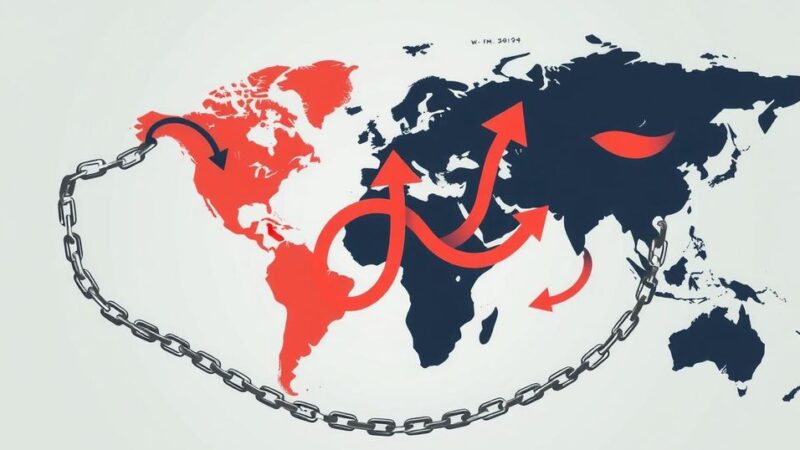On October 5, a 4.6 magnitude earthquake struck Iran, raising suspicions of a nuclear test due to its proximity to nuclear facilities. This followed intensified hostilities from Hezbollah against Israel, contributing to fears of escalating conflict. Israeli officials claimed Hezbollah had been weakened following military strikes, adding to the already volatile atmosphere in the region.
On October 5, Iran experienced a significant 4.6 magnitude earthquake, leading to widespread speculation and conspiracy theories regarding a potential nuclear test, as tensions in the Middle East begin to escalate. The earthquake occurred approximately 44 kilometers southwest of Semnan, a region noted for its close proximity to Iranian nuclear facilities. Tremors were felt as far away as Tehran, about 110 kilometers from the epicenter, at around 10:45 PM local time. Following this seismic event, Israel also reported a weaker tremor, which ignited fervent debate on social media regarding the nature of both occurrences. Given Semnan’s association with nuclear activities, many speculated on the possibility of a clandestine nuclear test. Users on social media expressed various theories, suggesting that the earthquake was a result of subterranean nuclear detonations intended to limit radiation exposure. However, experts noted that the earthquake’s shallow depth and low magnitude are inconsistent with the signature of a nuclear explosion, which typically causes more significant surface disruption. Compounding the already heightened regional tensions, Hezbollah had intensified its military actions against Israel shortly before the earthquake, launching a substantial rocket barrage that impacted areas as far south as Haifa. Hezbollah’s acting leader, Sheikh Naim Kassem, has publicly declared that their military capabilities remain intact despite Israeli airstrikes aimed at diminishing their operational effectiveness. Kassem asserted that Israel has failed to advance its military objectives following a recent ground incursion into Lebanon. Israeli Prime Minister Benjamin Netanyahu, addressing the situation, emphasized that Hezbollah is weaker than it has been for years, citing the elimination of high-profile leaders within the organization, including Hassan Nasrallah, who was killed in an Israeli airstrike in Beirut the previous month. The uncertainty surrounding Hezbollah’s future leadership adds another layer of complexity to the evolving conflict.
The article discusses a recent earthquake in Iran that stirred rumors and theories about a possible nuclear test in the region, predominantly because of the earthquake’s proximity to Iran’s nuclear facilities. The tension is exacerbated by Hezbollah’s ongoing military actions against Israel, contributing to fears of an impending conflict in the area. The historical context of these tensions includes ongoing hostilities and military actions between these nations, particularly underlines by Hezbollah’s recent escalations and Israel’s defensive responses. Current geopolitical dynamics involve significant military engagements, threat perceptions, and the fragility of peace in the region, especially following key military losses on both sides.
The recent earthquake in Iran has incited wild speculation regarding nuclear tests amidst rising tensions in the Middle East, particularly with ongoing military actions from Hezbollah against Israeli positions. The depth and magnitude of the earthquake make it unlikely to be associated with a nuclear test, yet the coinciding timing of military aggressions adds to the complexity of the regional situation. Both Iran and Israel remain on high alert as they navigate this turbulent period, marked by significant geopolitical challenges.
Original Source: www.mirror.co.uk







